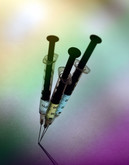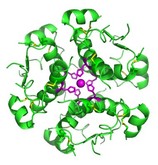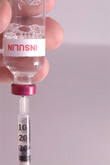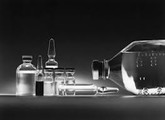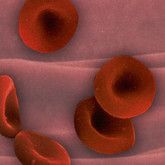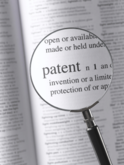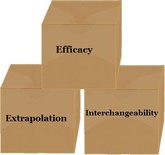Biosimilars/Research
|
Posted 18/03/2016
As patents of the first introduced biological therapeutics in oncology have begun to expire, competing pharmaceutical companies are allowed to produce and market the same protein as the originator agent. This follows the pattern of the development of generics. However, biosimilars are fundamentally different from generics. Particularly in the field of oncology, the introduction of monoclonal antibodies has resulted in spectacular therapeutic advances by increasing the cure rate of early cancers and prolonging survival. Similar advances have occurred in rheumatology, haematology, neurology and other fields. Most therapeutic biologicals are monoclonal antibodies with molecular weights of around 140,000 Daltons [1]. Other peptides include hormones, growth factors and vaccines [2]. Most of those products are expensive and their broad application drains the financial resources of healthcare systems. Therefore, the development of biosimilars is expected to be mutually beneficial for both the pharmaceutical industry and society: pharmaceutical companies may enter a lucrative business, whereas payers reasonably expect lower prices for these costly but essential drugs.



















